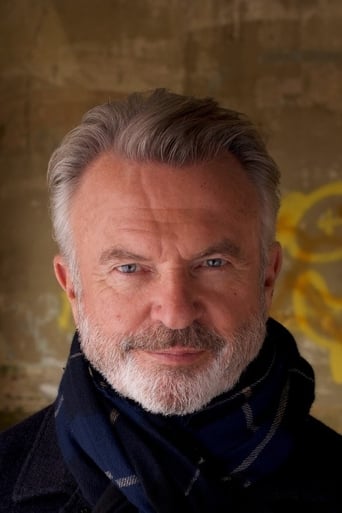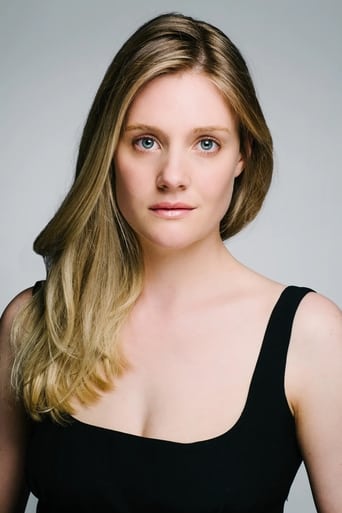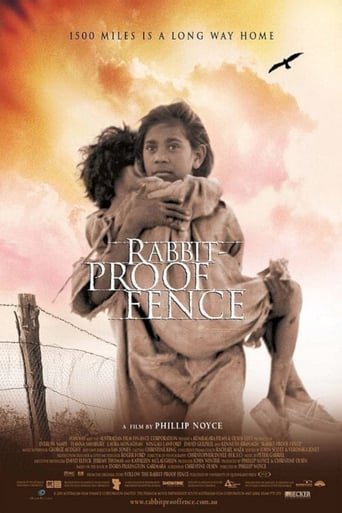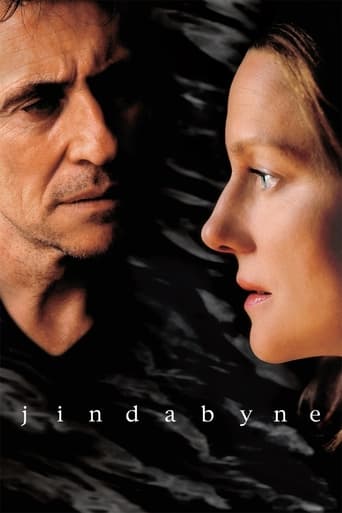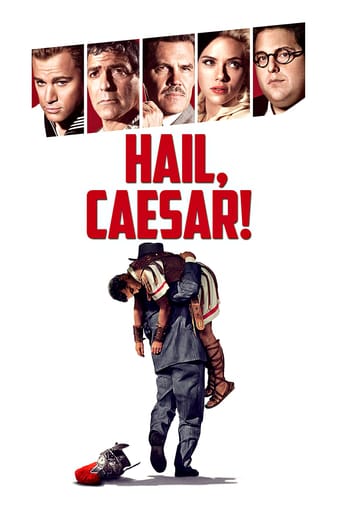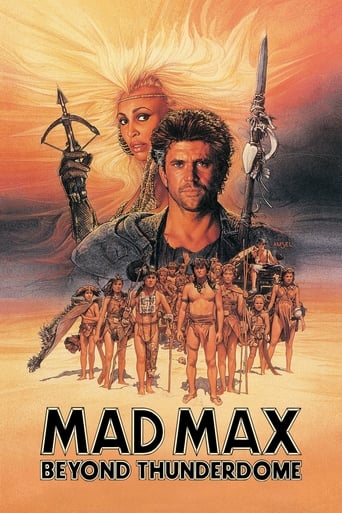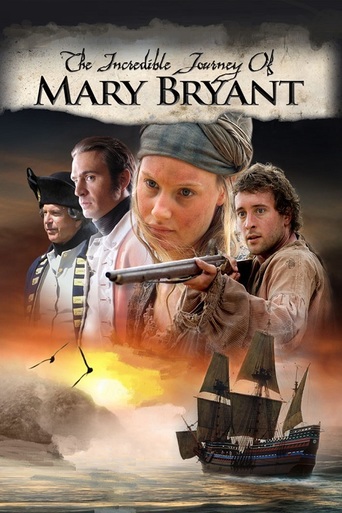

The Incredible Journey of Mary Bryant (2005)
A young woman is transported to the New South Wales penal colony in 1788.
Watch Trailer
Cast
Similar titles
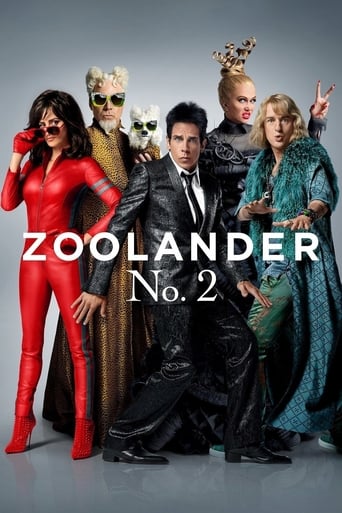
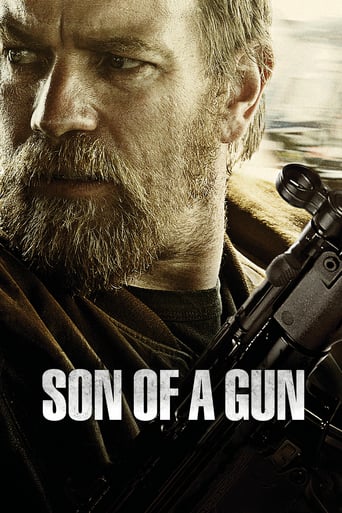
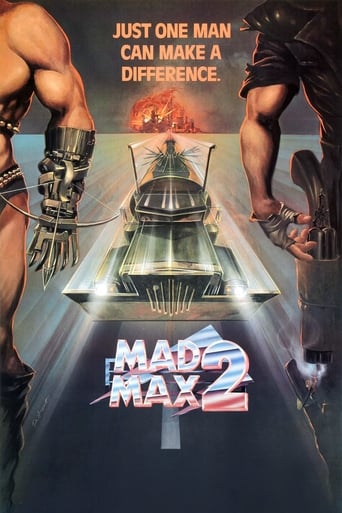
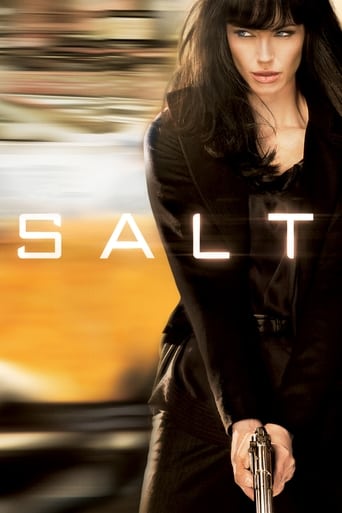
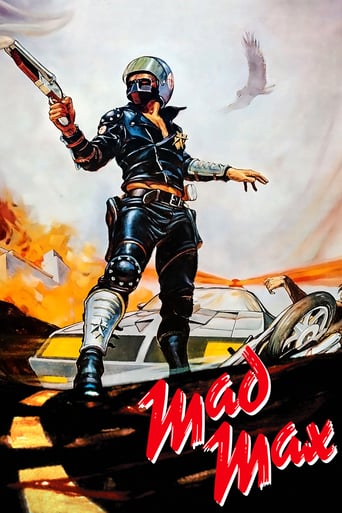
Reviews
The Worst Film Ever
Strong and Moving!
Great Film overall
Let me be very fair here, this is not the best movie in my opinion. But, this movie is fun, it has purpose and is very enjoyable to watch.
Even though two books had been written about her, Mary Bryant probably was little known outside of British and Australian historians or seafaring buffs before this mini-series was produced for TV. At first, I thought this might be a female version of "Les Misérables." But, this film is about a real person – not based on a novel of fiction. Yet, for a biopic it strays way too far from the facts and real story. Nor, does it have a true hero in the sense of Victor Hugo's Jean Valjean in "Les Misérables." "Mary Bryant" is very loosely based on the events of a short period in the life of Mary Broad Bryant. It could have been a great movie about a true event in history. The elements were all there — the harsh British penal laws, typical of most European laws of the time; the establishment of Australia as a British penal colony; a head-strong woman's instinct for her survival and that of her children; a convict's desire for freedom; a daring prison escape by way of an incredible sea voyage; and the pardon and freedom of prisoners. Instead, this film reduces all that to sentimentalism (a poor starving girl arrested for stealing a picnic lunch, which is false), exaggerated heroism, fictitious people and relations, and much sex. Mary Broad was a real person. She was a highway woman and petty thief in Plymouth, England. She was among the first English criminals sentenced to the new penal colony at Botany Bay – present-day Sydney, Australia. There, she married another prisoner, William Bryant. She did help lead an escape that took a small group of prisoners and her two children more than 3,000 miles over sea. But, much of the rest of this story – and more than 75 percent of the film, is devoted to a fictitious romance with a British officer, high living by the prisoners on Dutch Timor, and a fictitious pursuit on TimorThis two-part movie suffers in some technical areas as well, and in the script and direction. Some other reviewers found the same difficulty with the film that I did. The large number of close-ups were very disconcerting. The full-face and full-screen shots and scenes repeated so often and seemed to last so long. Maybe the filmmakers didn't consider that audiences would be watching this on much larger home TV screens. The faces were hugely overblown and frequent distractions from the film. For all the time spent on the ship from England to Australia, the movie gave so little time to the daring escape and sea journey in a small boat. Yet that 66-day, 3,000-plus mile journey was the incredible event for which Bryant became known. A huge part of the film was Bryant's romantic or feigned romantic relationship with Lt. Clarke. His character was totally fictitious. The film has Clarke and British marines hunting down Bryant on Timor, a Dutch possession. At least one other reviewer noted the absurdity of British troops operating in another country's territory. Finally, the idea that the prisoners, none of whom were refined or educated, could have pulled off a ruse by making the Dutch officials think they were landed gentry or merchant survivors from a ship wreck is hilariously absurd. In reality, the Dutch weren't fooled. They sent Mary and her group to England as suspected escapees, for international relations.The filmmakers apparently didn't need history advisers or editors for this film – or they didn't care if the film was judged absurd on these points. I'm willing to allow "Hollywood" license to filmmakers for fictitious elements of most films, especially those based on fiction and novels. But, biopics are another matter. By their very definition, these should be as close to accurate representations of people and events as records provide. I think an accurate historical biopic of Mary Bryant could have been done in one full-length film. It would show her as a petty thief and highway woman who gets caught in Plymouth, England, and sentenced to the new penal colony. It would show the harsh conditions aboard ship, without the romance of the fictitious British officer. It would show the struggles in the penal colony, and Mary's marriage and her care for her two children. It would show the plans for escape and the actual flight. Finally, it would show her return to England, the long time for the trial, lawyer and writer James Boswell's defense, and her pardon and regained freedom. Still, one would be left to wonder about her fate. As in the end of the movie, since there apparently is no other record of what happened to such a famous or notorious person after that.The unfortunate thing about films like this is that many viewers, who don't bother to check further, go away with sentimental notions based on stories that are not true. Thus, we get false history that deceives our culture and inherent drive for truth and justice. This movie is interesting, some of the cinematography is very good, and the acting is good, but not great. For these medium qualities, with its inaccuracy, significant fictional alterations, and clearly absurd scenes, I can rate it only a 5.
Although this is a wonderful movie, well acted, beautiful scenery, emotive scenes. So I was very disappointed when I wanted to learn more about the 'true story'. I went to several websites & was annoyed to find that about 70% of the film was 'artistic license'!Lt Clarke was fictitious, so therefore his relationship with Mary was too (this took up a huge part of the film). Depending on where you look, between 7 & 11 other men escaped with Mary, Will & the 2 children. Will let slip in Timor (while drunk) about who they really were & the Dutch turned them in (so, it was not the British turned up & told the Dutch who they were). Will wasn't killed in Timor (he & his son Emmanuel died of 'fever' on the voyage back to England). Charlotte died later in the voyage. Four more of the escapees arrived back in England, not just Mary & 2 men. Mary was tried ALONE upon her return & her surviving companions were tried later.Why oh why, when people make films made 'based on a true story' do they not stick to the real story? Why do they have to be glamorised or sexualised at all? If it's good/interesting enough to tell why change it?
Talk about the most inaccurate story ever, "based on a true story" well it might be, but it certainly isn't the story of Mary Bryant. What a load of rubbish...................It starts off reasonably well, but then just goes downhill. It seems that they lost all historical fact when the fleet of ships reached Australia. I would hazard a guess that the story was sensationalised in an effort to make for better television viewing. The historical facts from that point on aren't even alluded to for the rest of the story. The sight of British Red Coats running around in Dutch Timor was the only humorous part to a pathetic story. Didn't the writers even stop and think about the impossibility of that actually happening. Why do they try and pretend it is factual when in all truth it is a work of fiction, and a poor one at that.
In shades of blue the story begins with Mary Broad (Romola Garai) running from the law after stealing a bonnet through the bleak English landscape. For her crime she is sent to Botany Bay as a convict on the First Fleet and it is on this journey that the story begins. It is here she meets the British Naval Officer Clarke (Jack Davenport) and William Bryant (Alex O'Loughlin), whom she later marries. Garai (as always) is mesmerizing as the desperate Mary Bryant, with an indomitable will to protect the futures of her children from poverty at all costs. The determination of this character is supported with strong performances from O'Loughlin and Davenport. But it is Alex O'Loughlin who remains, in my mind, a stand out. He is truly captivating as William Bryant, a man that is quietly unsure of him self. He is to a degree searching for self validation in the most masculine sense but this is somewhat complicated by living his determined and strong willed wife Mary. Directed by Peter Andrikidis (who also directed the Australian two part movie 'Jessica'), there has in many ways, never been a more confronting imagery presented on Australian screens. Particularly the scene whereby Andrikidis captures the terror and brutality reaped on the women convicts by the men while the British Officers passively look on. Trust me when I say that the poignancy of this scene will stay with you forever! Acting to dispel any romanticized ideals (and we all have at some time or another) of early settler life in Australia, especially for women.Despite these accolades there is something amiss in this account of Mary Bryant's story which I can not exactly pin point. Perhaps it could be something of a naivety in Garai's portrayal, an innocence which acts to unintentionally undermine the veracity of Mary Bryant. Or maybe it is Sam Neil (who I think was better left at Jurassic Park!) as a Governor Phillip that fails to evoke any real emotion within the audience towards his character. At the same time there is this sense that the story was cut short before it was ready. There is not real detail into Mary's trail when she returns to England, despite is importance to the story. It almost seems as though the producers got to the end, ran out of money (which would not be surprising considering the current state of the Australian Film Industry!) and had to rush the ending, leaving the audience feeling somewhat let down.Yet, while there is faults in this interpretation (lets not forget the pearly whites of our convicts, a very unlikely depiction!) there is no doubt in my mind that it is worth seeing. In reality it is as much an English story as it is Australian. So if you're looking for some great performances and want to enjoy a great story of, love, betrayal and determination, Mary Bryant is well worth watching!

